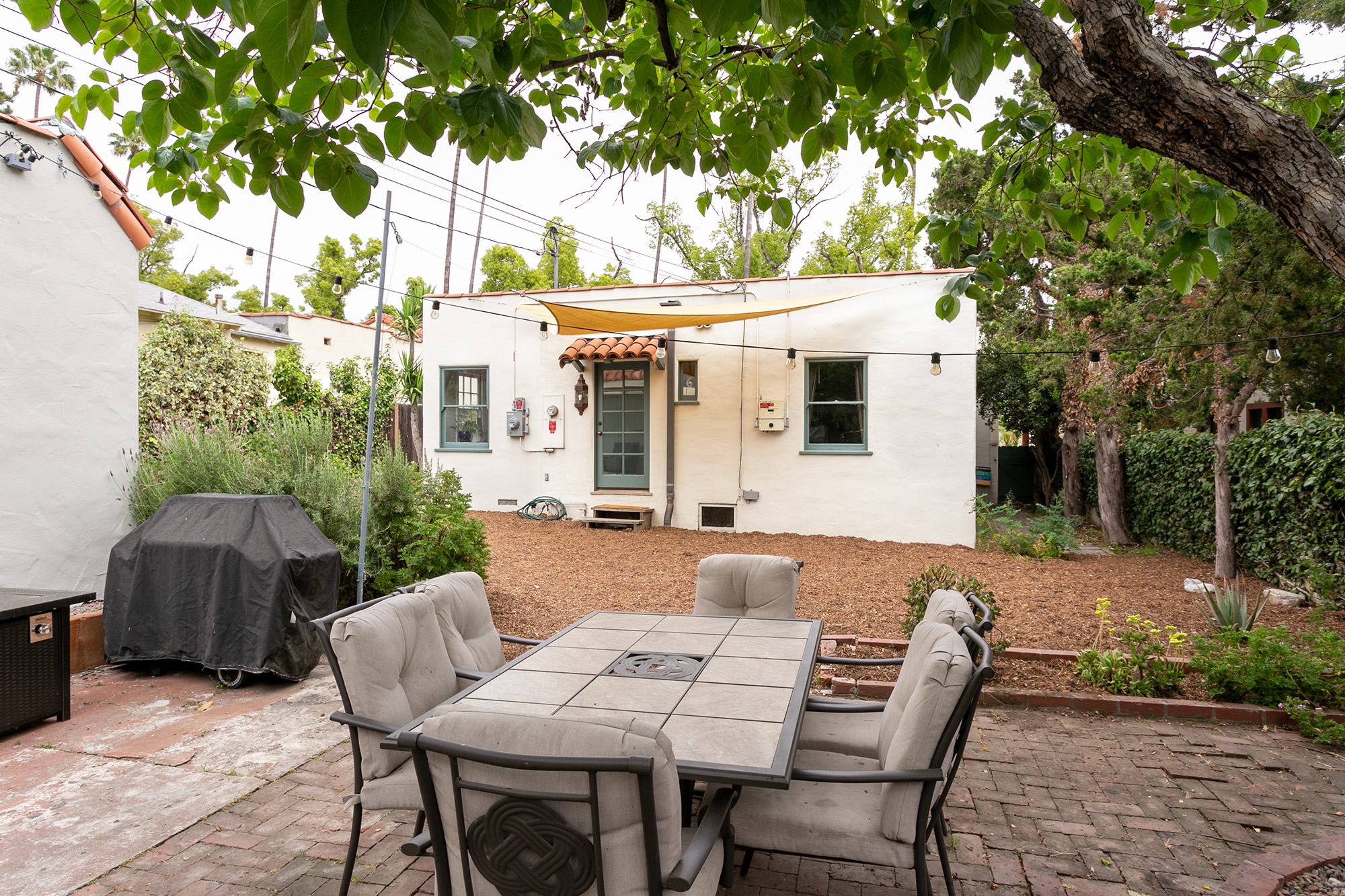The 3 Big Contingencies of a Home Purchase
Buying a home is scary but there are major contingencies when buying a home that are designed to protect you!
The Residential Purchase Contract (RPA), along with it’s required disclosures and addendums, is 15 pages of small, densely packed legal jargon. It is so dense we recommend all of our buyers review it before getting serious about making an offer on a home.
Here is a quick overview of the major contingencies when buying a home.
What is a contingency?
The RPA has three main contingencies that benefit the buyer. You can think of a contingency as a blockade – the contract falls apart if the blockade (contingency) is not removed.
I listed the typical time period for each contingency in Glendale CA in 2019. Your area might be different.
We will talk about what happens when a contract falls apart in a little bit.
The Loan Contingency
A loan contingency protects the buyer when they need a mortgage loan to complete the purchase. The mortgage bank will review the legal documents for the property as well as re-verify the buyer’s credit, employment, and bank balances.
The bank occasionally finds new information during this process that can threaten the loan approval, but this does not happen often.
The loan contingency the real estate purchase contract protects the buyer from the uncertainty of the bank’s loan process. If the bank unexpectedly denies the final loan approval the buyer is protected.
The loan contingency in a Glendale Ca home purchase typically expires 17 days.
The Appraisal Contingency
A mortgage lender will require an appraisal to ensure their loan is protected. The goal is for the home to appraise for the purchase price.
How The Appraisal Works
The bank orders the appraisal and the buyer generally pays $400 – $600 as part of their closing costs. A few of the larger retail banks do not charge for the appraisal and a few of the smaller lenders will demand upfront payment for the appraisal.
It is important to note the appraiser is trying to justify the buyer’s offer on the home, not establish true value for the property. Therefore, it is pretty rare for an appraisal to come in higher than the purchase price.
What happens if the appraisal is lower than the purchase price?
The appraisal contingency in the real estate purchase contract states that the home will appraise for no less than the purchase price. If the appraisal is too low the contract might fall apart.
However, the parties can negotiate a compromise! The seller might lower their purchase price or the buyer might agree to increase their down payment amount. If they can not agree on a compromise the contract may fall apart.
The appraisal contingency typically expires at the same time as the loan contingency.
The Inspection Contingency
The largest part of the inspection contingency involves the physical condition of the home. You can read about typical home inspections for Glendale Ca homes here.
The inspection contingency is also about inspecting non-physical attributes such as the condition of a home’s title, easements, permits, and insurability. A buyer might also inspect school districts, taxes and assessments, sun exposure and any other aspect they deem important.
If the buyer doesn’t like what they discover they might cancel the deal.
It is more likely that the buyer will ask the seller to either fix a defect or negotiate a credit in escrow. The seller can agree, disagree, or propose a counteroffer to the buyer’s request.
The inspection contingency is typically 10 days.
What Happens If The Contingency Is Not Removed?
There is almost an entire page devoted to this topic in the Real Estate Purchase Contract. There are strict rules designed to give everyone a chance to state their case and to keep the conversation moving forward in a timely fashion.
If the parties can not agree on how to remove the blockade (contingency) the contract falls apart. The initial deposit is returned to the buyer (in some cases escrow fees may be deducted) and the seller is free to accept an offer from a new buyer.
This is a Generalized Example!!
Each real estate transaction is unique. The examples I’ve described may not apply to your situation and you should seek the counsel of a Realtor or attorney if you have any questions. It is also important to understand that this only applies to residential real estate sales in California. However, it is normal to have contingencies when buying a home.






